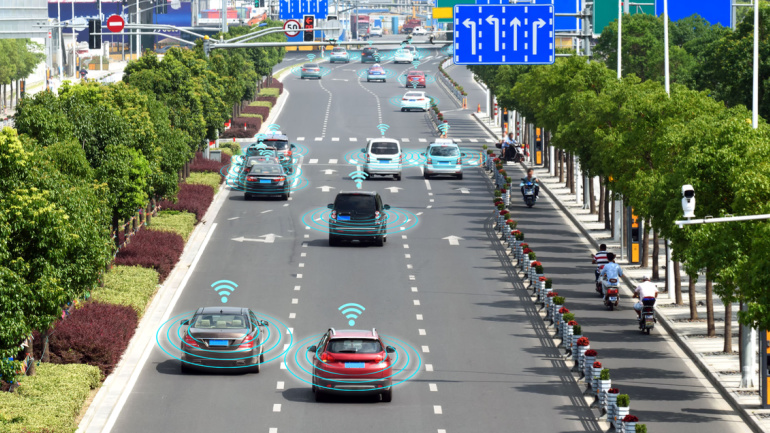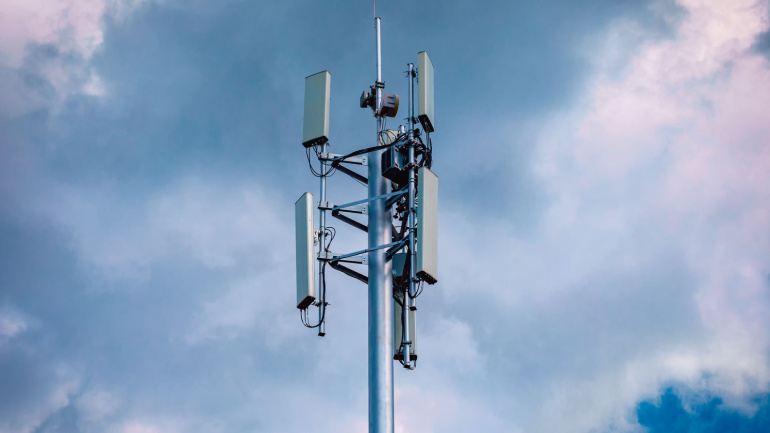As Three UK reports a 4% revenue boost, courtesy of an expanded active customer base, its operations cost, inflated by 19%, outpaces earnings, hinting at potential sustainability issues. In a different landscape, Telecom Italia shows a 5.5% Q2 profit increase, largely on Brazil’s performance, though competitive pricing in Italy has forced a hefty debt, leading TIM to consider selling its landline grid. At the same time, BT Group sees an uptick in revenue by 4%, attributed to raised prices and improved customer satisfaction. Contrarily, US-based Qualcomm, hit by reduced consumer spending, anticipates a similar upcoming quarter, resulting in a sharp fall in share price. Meanwhile, Bharti Airtel highlights a 14.1% YoY revenue increase, fueled by its growing 4G and postpaid customer base.
Deutsche Telekom and MIRA dive into an ambitious project crafting the ‘shuttle service of the future’ in Bonn, using the premise of teleoperation or remote driving. Facilitated by speedy 5G data transmission, this experiment highlights the necessity of ‘network slicing’ and ‘quality on demand’ for autonomous vehicles. Yet, governmental restrictions on remote-controlled travel present a hurdle. Despite the challenges, both firms remain hopeful, envisioning a driver-free automobile future.
The UK government’s ambitious Connectivity in Low Earth Orbit (CLEO) initiative aims to propel satellite communications development, backed by a sum of £160 million. With a main focus on Low Earth Orbit (LEO) satellite constellations, this programme holds potential to bridge the digital divide and boost economical growth. This initiative, however, still awaits the green light through regular approval processes.
In a groundbreaking move against the scourge of robocallers, the Federal Communications Commission (FCC) has announced a historic forfeiture of $300 million, showcasing their unwavering commitment to tackling the issue head-on. However, the question of when this record penalty will actually be paid remains an uncertainty.
Vodafone has joined the UK’s smart meter network, establishing essential 4G IoT connectivity. While Vodafone’s inclusion does not necessarily signify a replacement of current suppliers, it invites intriguing possibilities. The selection of a new provider despite existing 4G options raises questions around the decision-making process. Amid the drive to phase out 2G and 3G networks, this move potentially reflects the evolving needs of the UK’s telecoms infrastructure.
Rakuten’s new alliance with OpenAI aims to dissect opportunities in generative AI to enhance various business sectors they serve globally. This partnership promises to expand existing AI experiences in ChatGPT products and foster premium AI conversational possibilities. Yet, some recent whispers suggest a performance drop in GPT-3.5, leading to theories about its overall commercial intent. Will generative AI become a privilege of the financially potent? This question merits careful consideration.
In a strategic move, 1&1 penetrates the German 5G market through a new agreement with Vodafone, leaving Telefonica potentially at a loss. Details of the agreement, such as leveraging on Vodafone’s robust 5G, 2G, and 4G networks, and potential future technologies, raise various possibilities for 1&1’s continued growth.
As T-Mobile launches its 5G SA network slicing beta, it offers a unique window of opportunity to developers, aiming to improve video calling applications. With the rising demand for such apps in the remote work era, developers leveraging the tailored network slices could unlock applications showcasing faster speeds, decreased latency, and better reliability. As some experts express high hopes for the potential of network slicing, could this move revolutionize telecommunications amidst the surge in hybrid work?
Telephone company Veon has announced a significant infrastructure initiative with Rakuten Symphony, aimed at bolstering Ukraine’s telecommunications framework. This strategic move will involve an extensive roll-out of Open RAN enabled 5G networks, forming the backbone for new digital services. Veon’s $600 million commitment signals confidence in Open RAN’s transformative potential and Rakuten’s proven commercial implementation acumen.
Struggling to manage its colossal debt, UK ISP TalkTalk is meticulously strategizing its exit route. Insights suggest that breaking down business units and restructuring management is a bid to steady the wavering financial ship.













